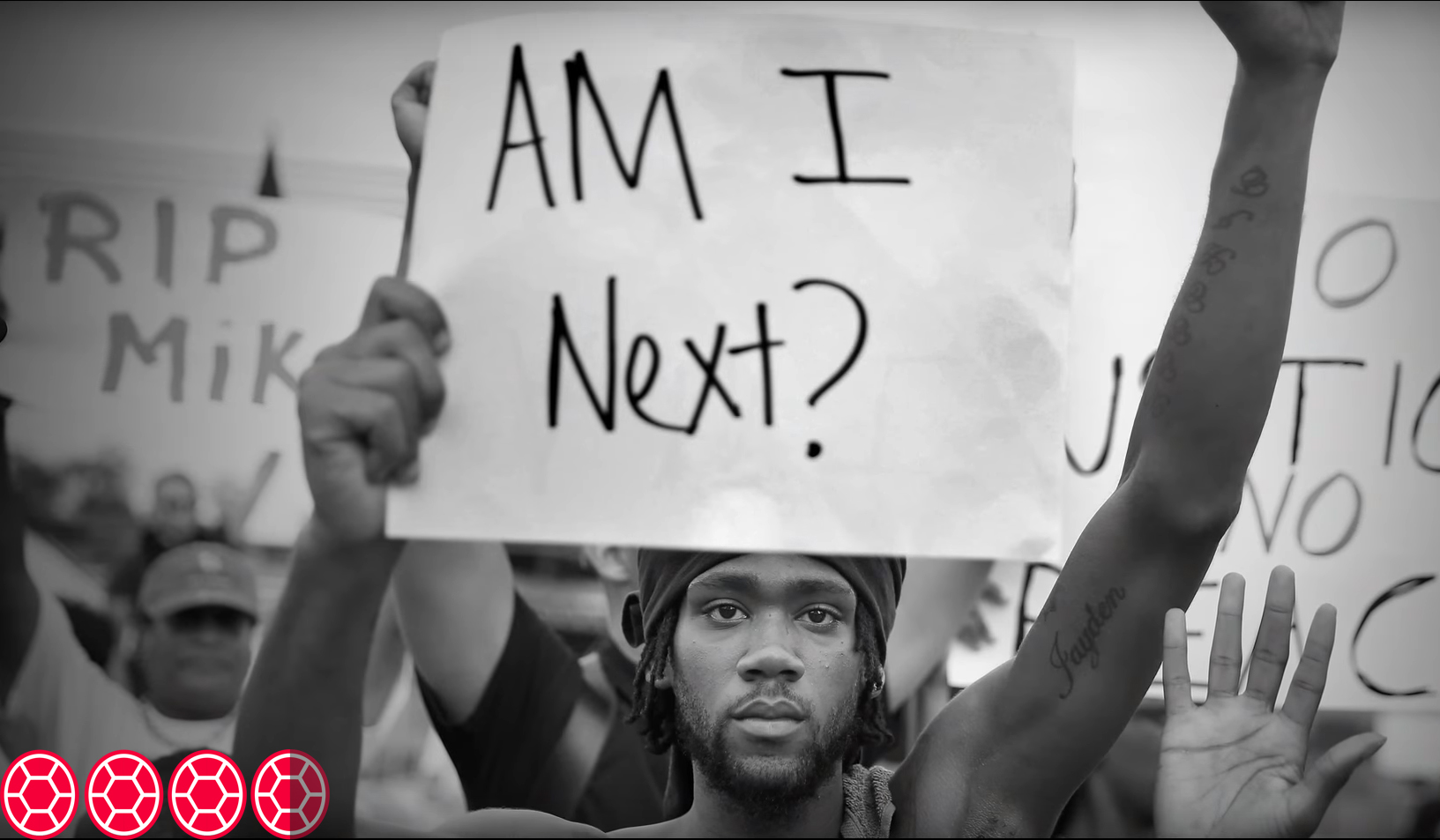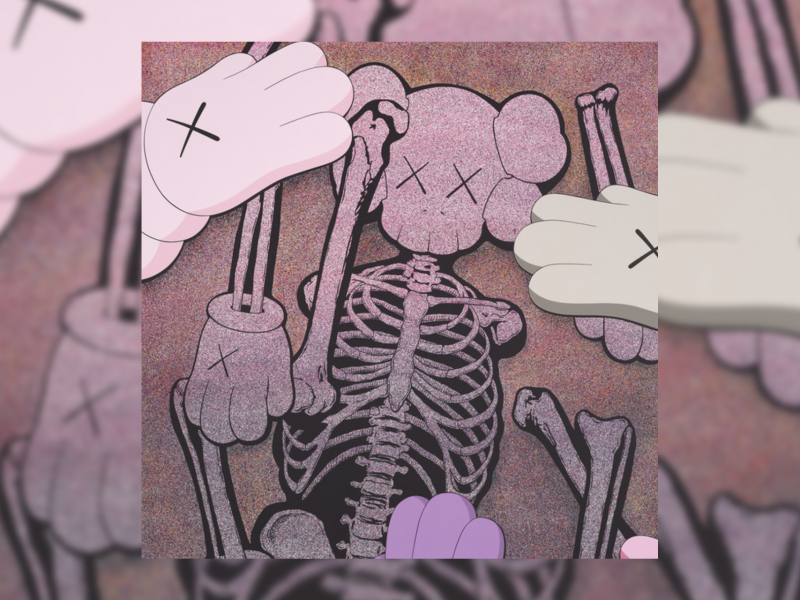Black Lives Matter is not an unknown movement in modern America. Despite provoking a slew of differing ideological reactions, there’s no way to ignore its participants, especially not in the digital age. We see them splashed across headlines, demonstrating their outrage over the deaths of Trayvon Martin, Freddie Gray, Sandra Bland and Philando Castile, just to name a few. We see the group’s hashtag in Twitter bios and on t-shirts, demanding attention from idle peers. We hear their chants, their cries and more frequently their screams on live television and social media platforms, voices of anger and anguish from across the country. Whether you agree with their message is another matter; the fact is they’re here, and they are being heard.
When 13th dropped on Netflix last week, I automatically assumed it would follow a story similar to the ones already heard through Black Lives Matter. After all, the whole point of director Ava DuVernay’s documentary is to discuss mass black incarceration and the idea of modern-day slavery. Following a chronological timeline from the moment the 13th Amendment was ratified to the 2016 presidential election, it discusses the various ways policy makers and the 13th Amendment allows for a form of slavery to continue to exist — namely, in our prison systems. A short read of the summary allowed me to expect all of this. What I didn’t expect was to find myself curled into a stiff seat in McKeldin, struggling to hold back tears as the ending credits rolled.
What makes the story so impactful is that while it’s historical, there are numerous ties to modern day life, which makes the message all the more relevant.
The documentary begins with covering the 1915 Civil War drama, The Birth of a Nation, focusing in particular on how the black man was portrayed in such a film. With the recent release of a movie of the same name by black filmmaker Nate Parker (review here), including the original in 13th showed why exactly the movie needed to be remade. Perhaps even more sobering was the way the documentary closed. Right before the closing statements, nine short, low quality videos were played one after the other — each depicting the death of a black man by the hands of police.
Another refreshing trait in this documentary is that while the story clearly leans left, it didn’t pass up the opportunity to criticize both sides of the aisle. From Ronald Reagan’s “War on Drugs” to Bill Clinton’s “Three-strikes” policy, each movement was analyzed and thoroughly discussed, allowing a new perspective on each. They even featured both 2016 presidential candidates as part of the problem, sparing neither in regard to race relations. It created the feeling that this wasn’t a political or ideological issue — this was, and still is, a human issue.
What truly makes this documentary so successful is the call to action it brings. It’s one of those stories that demands change, and as a viewer it’s hard to disagree. This change can be through the legal system, political lobbying or by being more conscious of inherent prejudices. No matter what course of action you decide to take, at least you’re doing something, which ultimately is the whole point of the film itself.
13th is bold, graphic and an absolute must-see.
3.5/4 Shells



